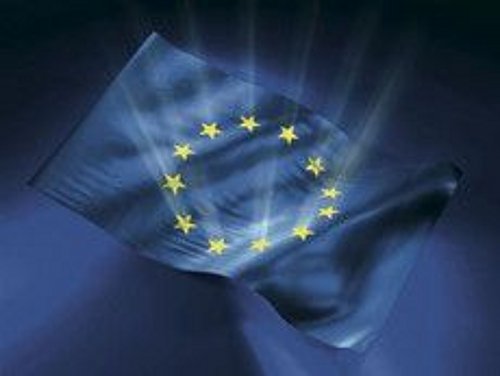The European patent with unitary effect (also known as the unitary patent or UP) makes it possible to obtain patent protection in currently 18 EU member states with a single application. It differs significantly from the European patent (EP), which is also based on a unitary application, but must then be validated and maintained individually in each desired country. You can find out how the grant of a unitary patent works here.
The unitary patent system also introduces serious changes for patent infringement actions in Europe: The newly created Unified Patent Court (UPC) has exclusive jurisdiction over questions relating to the infringement and validity of unitary patents. "Classic" European patents (EPs) can be enforced either before the UPC or, as before, before the national courts. In addition to a central chamber based in Paris, Milan, and Munich, the Unified Patent Court has a large number of local chambers. Germany has local chambers in Düsseldorf, Hamburg, Munich, and Mannheim. The Court of Appeal in Luxembourg oversees all chambers of first instance.
Under which circumstances you should use the option "unitary patent" for future patent applications and how you should deal with already granted European patents (opt-out - yes or no?), we have summarized for you in this action plan.
For more information, please visit the official website of the Unified Patent Court and the website of the European Patent Office.
